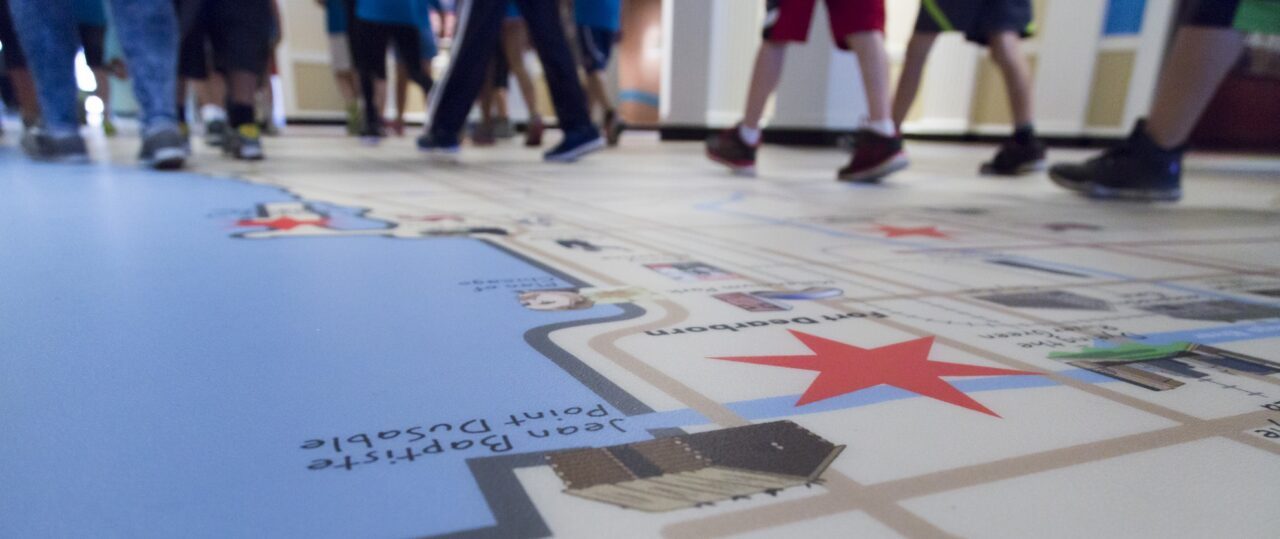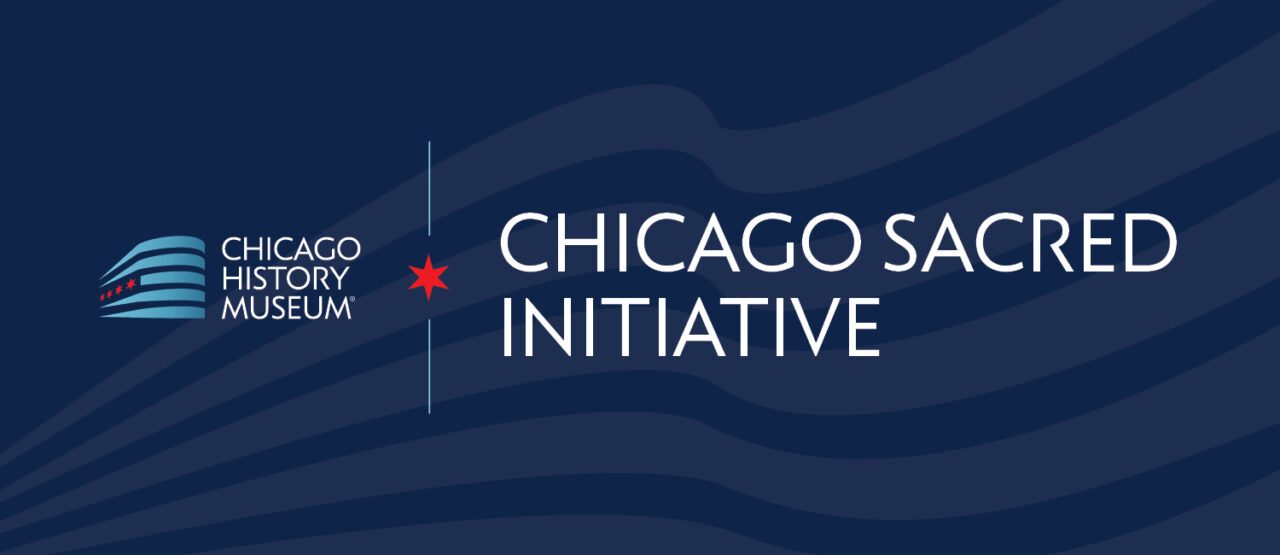
The Chicago History Museum’s Chicago Sacred Initiative uplifts the city’s richly diverse and underrepresented spiritual, sacred, and community histories. It provides the public with ongoing accurate and authentic illustrations of the central role of religion in shaping Chicago history and culture.
Our approach to religion is built on a foundation of three pillars:
Collaborating with communities
Learning the history of religion in cities
Fostering understanding of different religions
THE COMMUNITY
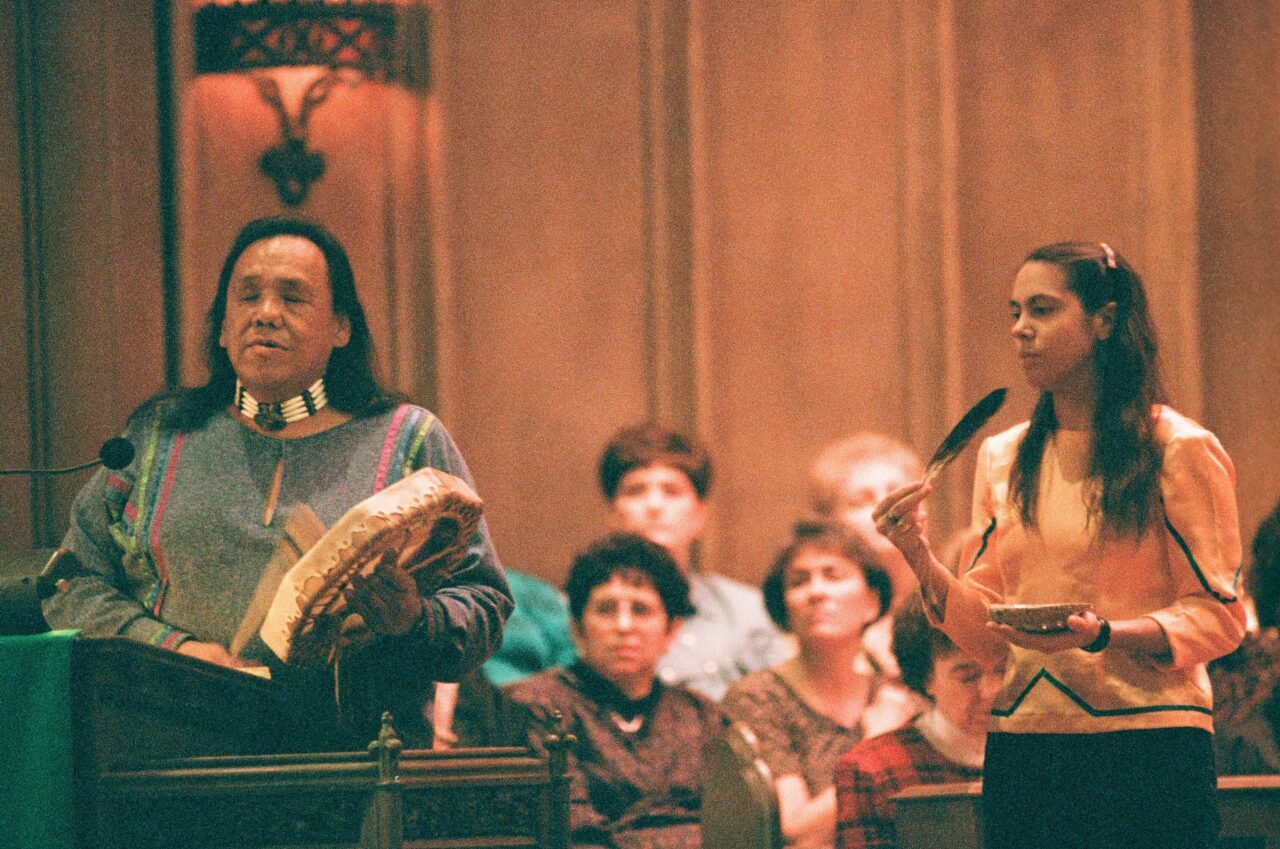
Working with communities
Our approach to community-led work is centered on shared authority, reflective practice, anti-racism, and trauma-informed work. We bring awareness of white privilege and Christian normativity and aim to serve as a listening institution, hearing and sharing stories of Chicagoland’s diverse faith communities.
THE HISTORY
Historicizing religion in the urban context
Our approach starts with four critical points:
- Religion is central to Chicagoland’s history and should be contextualized, not exoticized nor essentialized
- Chicago’s history can serve as a lens for understanding American religious history as a whole
- Urban religion is an important and distinct category of religion, and rooting religion in cities helps us understand racially complex histories
- Religion is much bigger and broader than singular faith traditions
We look to cross-cultural and cross-geographic ways of understanding community interactions across time and boundaries of traditions.
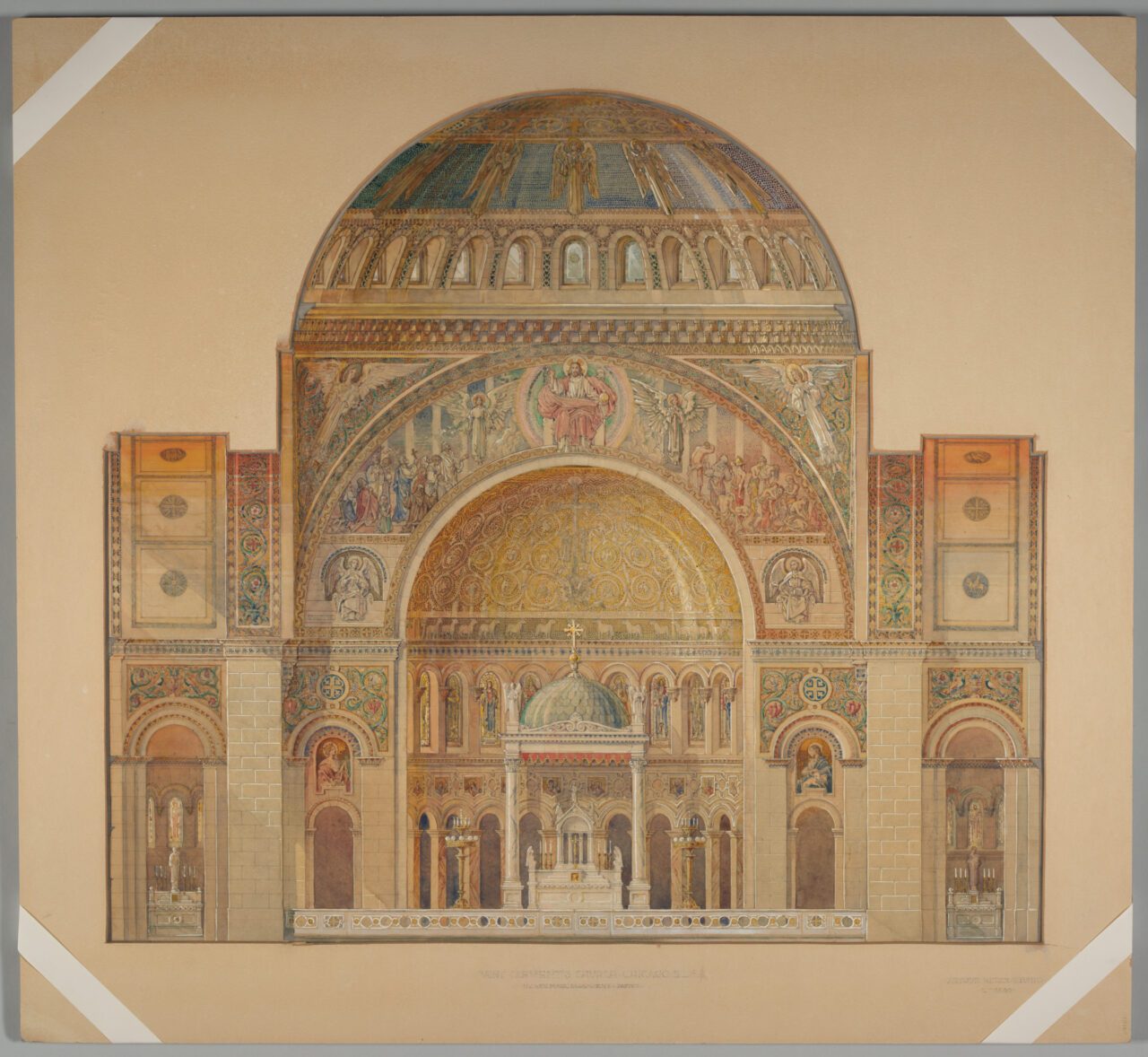
This work includes:
- Ongoing collections inventory and processing, including reparative metadata and critical cataloguing around identity-based terms and provenance (currently working on architecture and built environment collections)
- Increasing digital access, scholarship, and awareness around religious and community collections
- Diversifying community representation in collections and archives
- Internships and research fellowship opportunities, including the Lilly Collections Fellow in reparative inventorying of sacred collections
- Community collections workshops for caring for material and intangible heritages
- Growing in-house educational initiatives to support the development of strong allies among the board, staff, volunteers, and members of CHM
- Programs and events that enhances the public understanding of religion
- Exhibitions and interpretation on religious and community themes
- Community-led oral history projects and trainings in collaboration with the Studs Terkel Center for Oral History
- Digital scholarship and publications
CURRENT EXHIBITIONS
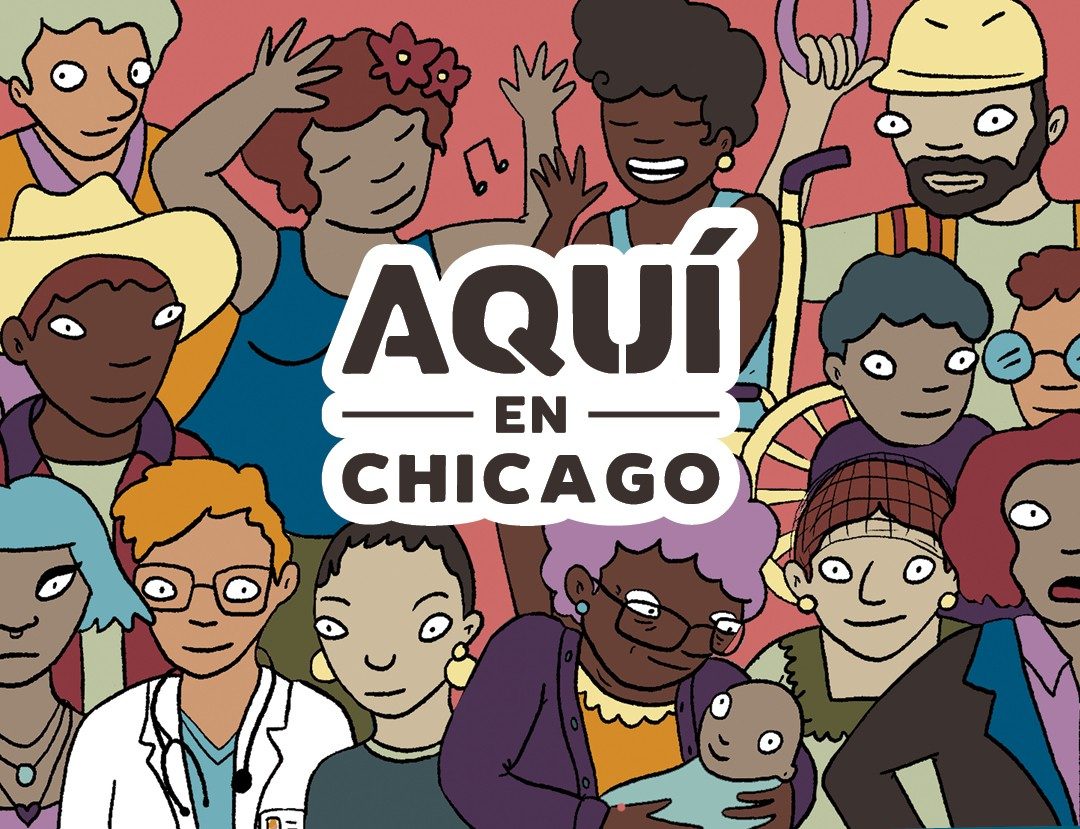
Aquí en Chicago
Through art, photographs, interviews, clothing, personal items, everyday objects, and historical treasures, Aquí en Chicago traces the lives of Latino/a/e communities that have stood firm in the face of oppression, maintaining a persistent cultural presence and flourishing in Chicago.
LEARN MOREUPCOMING EXHIBITION
Everyday Sacred (working title, exhibition slated for 2027/2028)
Everyday Sacred explores places of memory, memorial, ritual, and belief in and around Chicago through stories of communities that used, repurposed, and preserved these spaces over time. Over three years, Everyday Sacred will draw on Chicago’s legacy as a city of many faiths and invite visitors to consider why certain things are preserved and reused.
